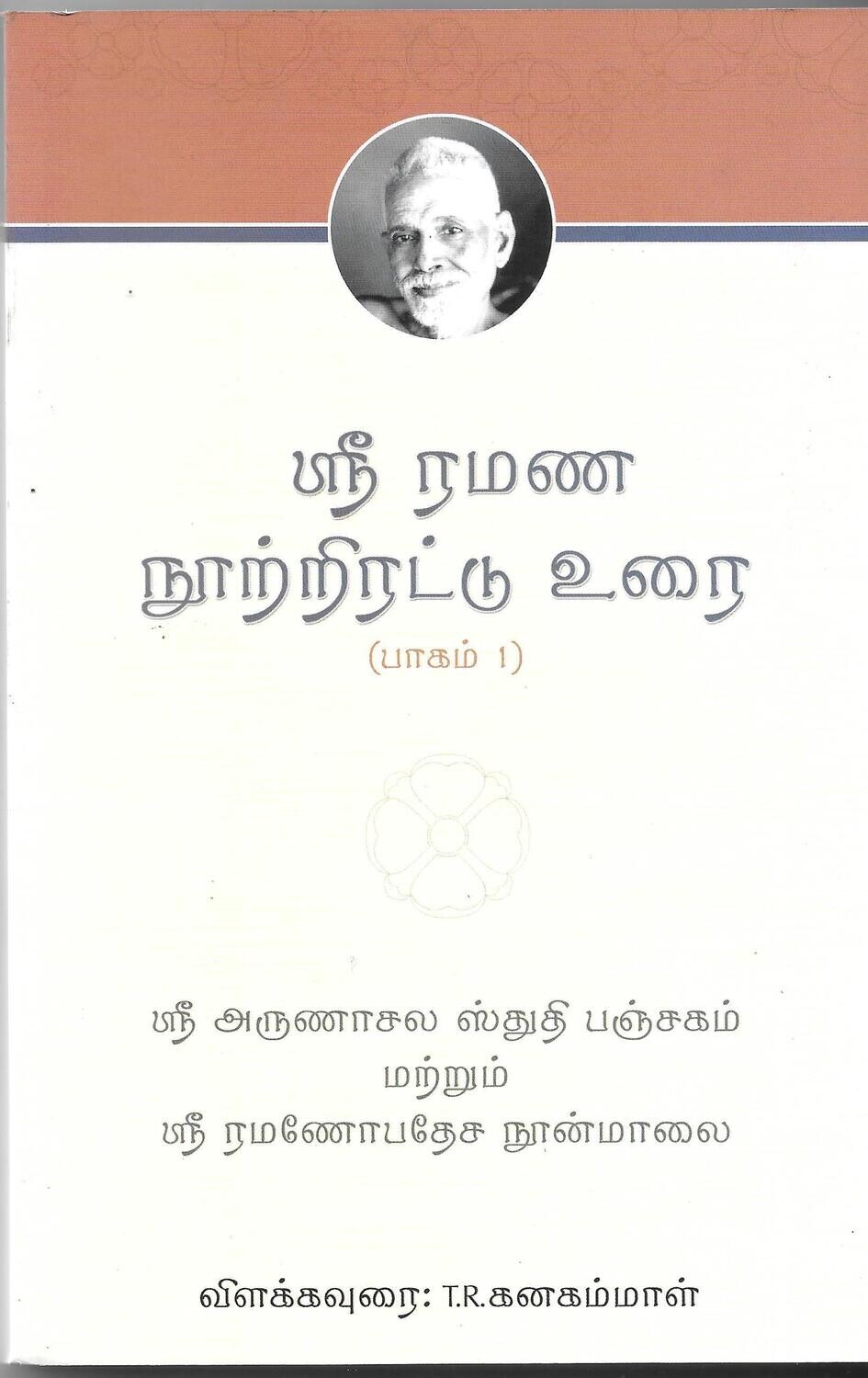Sri Ramana Noottrirattu Urai (Volume 1) Arunachala Stuti Panchakam (Tamil)
SKU RAM064TA
₹150.00
In stock: 7 available
1
Save this product for later
Sri Ramana Noottrirattu Urai (Volume 1) Arunachala Stuti Panchakam (Tamil)
Product Details
UPC: 9788182880459
Brand: Sri Ramanasramam
Publication Year: Fourth Edition- 2011
Author: T. R. kanagammal
Material Type: Paperback
Tags: Sri Ramana Noottrirattu Urai (part 1) Arunachala Stuti Panchakam (Tamil)
Sri Ramana Noottrirattu Urai (Part 1) - Arunachala Stuti Panchakam (Tamil)
Dive into the profound wisdom of Sri Ramana Noottrirattu Urai (Part 1), a celebrated work authored by T. R. Kanagammal. This fourth edition, published by Sri Ramanasramam in 2011, is a must-have for anyone seeking spiritual enlightenment through the teachings of Sri Ramana Maharshi.
Key Features:
- Language: Written in Tamil, this book caters specifically to Tamil-speaking spiritual seekers.
- Material: High-quality paperback ensures durability and ease of reading.
- Weight: Lightweight at just 450g, perfect for travel or daily reading.
Why You Should Buy:
Unlock the spiritual treasures of Arunachala and deepen your understanding of the divine with this insightful text. Whether you are a long-time follower of Sri Ramana Maharshi or new to his teachings, this book provides a comprehensive exploration of his philosophy, making it an invaluable addition to your spiritual library.
Embrace the wisdom of the ages and transform your spiritual journey today. Order your copy now at eGanesha Spiritual Bookstore!
Customer reviews on “Sri Ramana Noottrirattu Urai (Volume 1) Arunachala Stuti Panchakam (Tamil)”
Reviews only from verified customers
No reviews yet. You can buy this product and be the first to leave a review.
Display prices in:INR

